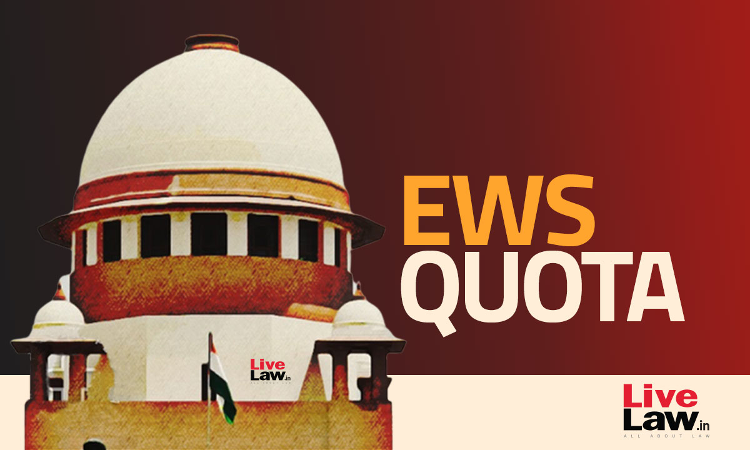The Supreme Court to pronounce the Judgement TODAY determining the validity of the 103rd Constitutional Amendment which introduced 10% reservation for Economically Weaker Sections (EWS) in education and public employment came out today. The matter was heard by a 5-judge bench comprising Chief Justice of India UU Lalit, Justices Dinesh Maheshwari, S Ravindra Bhat, Bela M Trivedi and JB...

